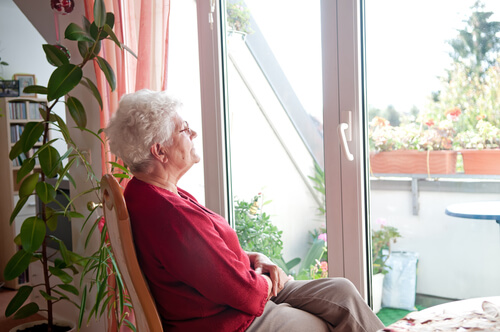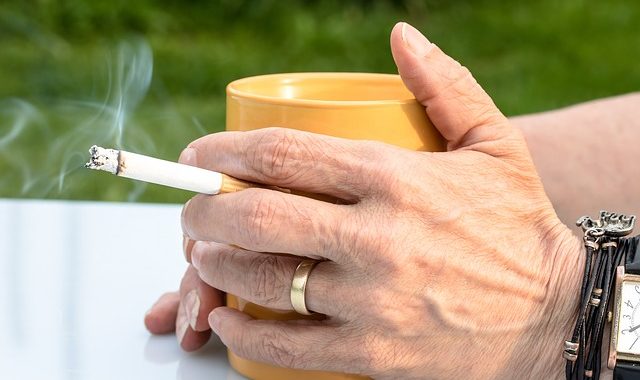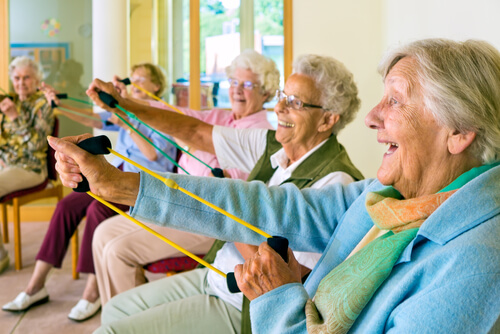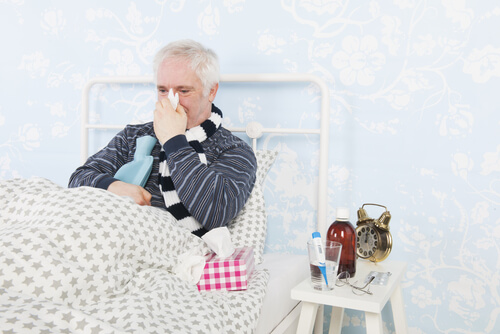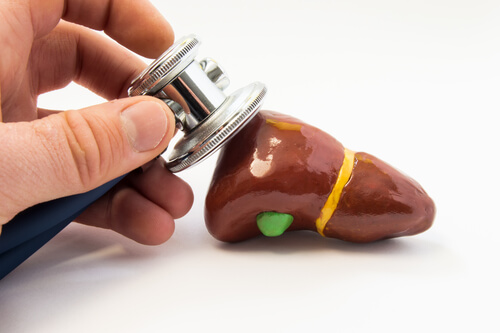
Liver Disease: What Every Senior Should Know
As people age, it isn’t unusual to see an increased incidence of detrimental medical conditions. Medical professionals urge people to pay attention to their hearts, kidneys, brains, and bones as they grow older. Very little advice commonly concerns the health of the liver, however. The reason for that is simple: The liver has historically been less impacted by ageing than other body organs. That doesn’t mean that liver disease can’t strike in the golden years.
Liver Disease on the Rise
As life expectancies have risen in Western cultures, so has the occurrence of liver disease in the elderly. There are certain specific circumstances and other disorders that can contribute to the development of liver problems later in life.
According to the Centers for Disease Control and Prevention, a study of death certificate data in the U.S. in 2015 showed chronic liver disease as the 12th leading cause of death in all races, ages, and both sexes. When broken down into age groups, chronic liver disease rises to No. 4 as the cause of death in people between 50-54 years of age. It drops to No. 7 in those aged 65-69.
What Is Liver Disease?
The liver is the largest organ in the body and the most complex, in many ways. It functions as a sort of “chemical factory” in the body, manufacturing about half of the body’s cholesterol. It also manufactures proteins needed for normal body functions. The liver stores sugar as glycogen and releases it as glucose when needed. It breaks down medications and harmful or toxic substances absorbed by the intestines.
There is no single set of symptoms that constitute “liver disease” in the elderly. Chronic liver disorders are usually the result of viral infestations, such as hepatitis, or the end result of a combination of other disorders with an onset earlier in life. Common risk factors include:
- A blood transfusion given before 1992 (before blood was tested for Hepatitis C)
- Diabetes
- Obesity
- Excessive consumption of alcohol
- Certain types of herbs and supplements
- Certain prescription medications
- High levels of triglycerides
- Injury to the liver
There is a combination of signs and symptoms that may indicate liver disease in the elderly. Any or all of the symptoms may be present; a doctor will perform the necessary tests to determine if liver disease exists. Symptoms that may indicate liver disease include:
- A yellowish discoloration of the skin or eyes (jaundice)
- Pain and swelling in the abdomen, especially in the right upper abdomen just below ribs
- Skin itching
- Dark color to urine
- Pale, bloody, or tar-coloured stool
- Nausea and loss of appetite
- Severe fatigue
- Fluid accumulation in the abdomen
- Tendency to bruise easily or bleed excessively
Treatments and Management of Liver Disease
Obviously, the best way to treat liver disease is to prevent its development. There are some commonsense steps that can help reduce the risk of developing liver disease in the later years of life.
- Diet. A diet rich in vegetables, fruits, and whole grains is most beneficial.
- Alcohol in moderation. Discuss with a doctor what would be an acceptable level of personal alcohol consumption.
- Healthy weight. Maintaining a healthy weight can decrease the chances for liver disease.
- Take medications, vitamins, and supplements responsibly. Take medications and over-the-counter supplements as recommended or prescribed. Talk to a doctor before adding herbal or “natural” supplements to any medication regimen.
Once given a diagnosis of liver disease, there are palliative treatments available, but there is no one specific treatment or cure for chronic liver disease. The underlying cause determines the treatment. Often, treating the underlying causative factor slows the progression of liver damage. Management strategies include:
- Work with a physician to determine the underlying cause of the damage to the liver.
- Abstain from alcohol. Drinking may exacerbate a decline in liver function, even if alcohol is not the underlying cause of the liver disease.
- Work with a registered dietitian to ensure an adequate intake of protein and calories.
- If poor appetite is a problem, zinc supplements may be help.
- If osteoporosis is a risk because of the liver damage, consider vitamin D supplementation.
- A regular exercise regimen can help maintain stamina, energy levels and muscle mass.
- Work with a dermatologist to control excessive skin itching.
- If fluid buildup in the abdomen is present, consider a low-sodium diet to help alleviate symptoms.
- Oral diuretics (fluid pills) or routine paracentesis (use of a needle to remove fluid from the abdomen) are potential treatment methods.
- Medications to lower pressure of blood in the liver and prevent internal bleeding are available.
- Liver transplantation may be the only effective treatment for some.
It is always best to check with a physician before making any changes to a treatment regimen when managing liver disease.
Prognosis
The prognosis for chronic liver disease in the elderly depends on the underlying cause of the condition. The manifestation of complications also plays a role in the expected survival rate and/or effectiveness of control measures used to manage the disease.
In cases where treatments are readily available and there is access to supportive care, such as home health care or palliative care providers, the five-year survival rate may be as high as 90 percent. Liver disease patients who also suffer from kidney failure have the shortest survival time, on average. Those patients whose liver disease is a direct result of chronic alcoholism have the poorest prognosis.
As with any disease process, the outcome is dependent upon a multitude of factors, from treatment availability to patient compliance to access to supportive care.

